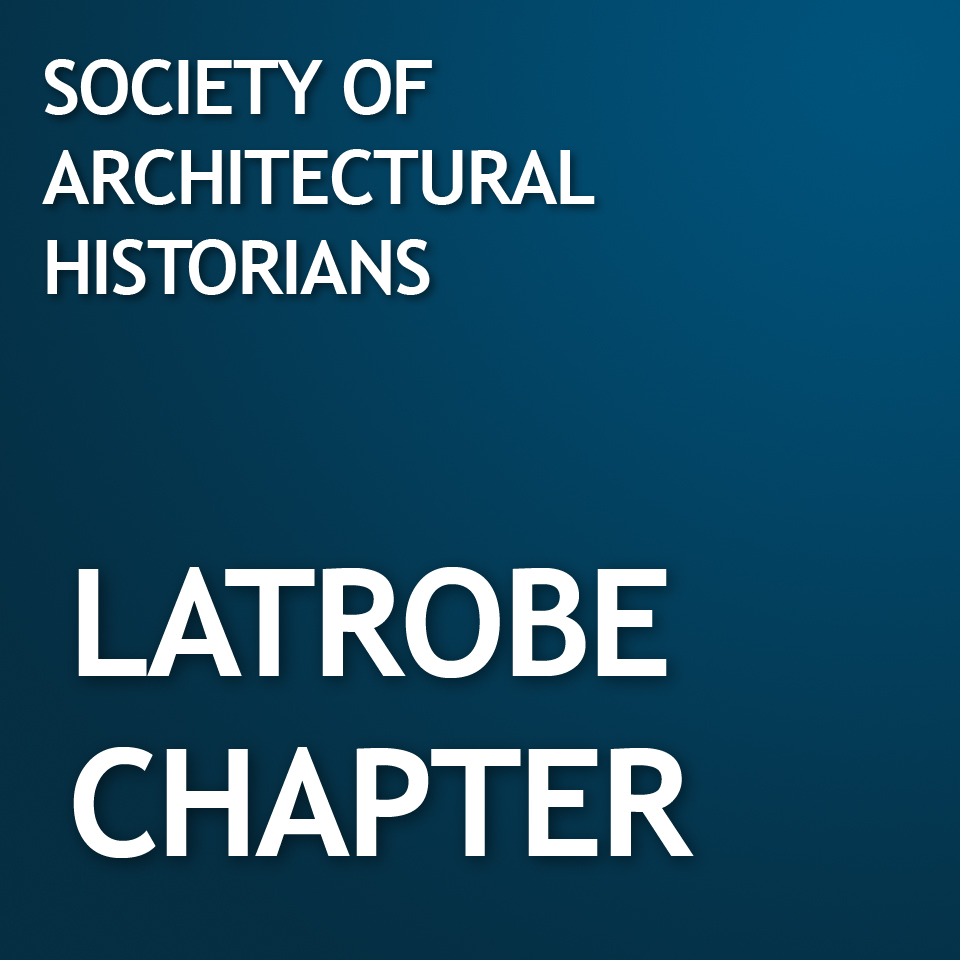This event is free but advance registration is required to participate.
To register via Zoom, click here.
After registering, you will receive a confirmation email containing information about joining the lecture.
Today we take for granted the quality and ubiquity of reinforced concrete construction. Every foundation of every major building – and no small quantity of the above-ground work as well – are made from this material. Concrete is strong, durable, and (sometimes) inexpensive. It can also be difficult to integrate with building envelopes and systems, carbon intensive, and punishingly resistant to change. Concrete seems an integral and unchangeable a component of modern building practice. Yet if certain early developments in reinforced concrete construction had gone otherwise, we might live in a very different world. Two early proponents of the material provide a case study comparison of what has come to be standard practice, and alternative methods that never took hold. In Frederick Winslow Taylor, father of “Scientific Management”, we see a precursor of today’s highly efficient and tightly controlled processes. In his contemporary Henry Mercer we see an ad-hoc, distributed system more akin to today’s “scrum” or “agile” approaches to management. While there are very good reasons why we do things the way we do, it can be helpful (and entertaining) to imagine how things might have been. It can also help us to increase our readiness, and foster innovation to meet new challenges.
Luc Phinney, Ph.D., is a member of the faulty at the Center for Visual Arts at Johns Hopkins, where he teaches courses on architecture, engineering design, and poetry. His essays and talks on architectural detailing and construction practices have been published nationally and internationally, and his book of poems, Compass, won the T.S. Eliot prize. As a practitioner he has collaborated with engineers, artists, ecologists, and clients to design projects ranging in scale from university buildings to community gardens.
This lecture will be hosted virtually via Zoom.
Image courtesy of the Mercer Museum Research Library.

